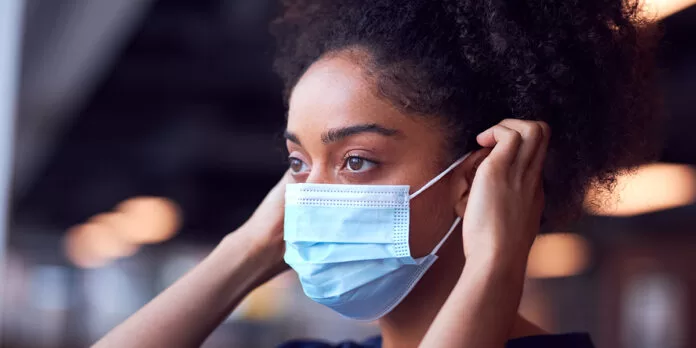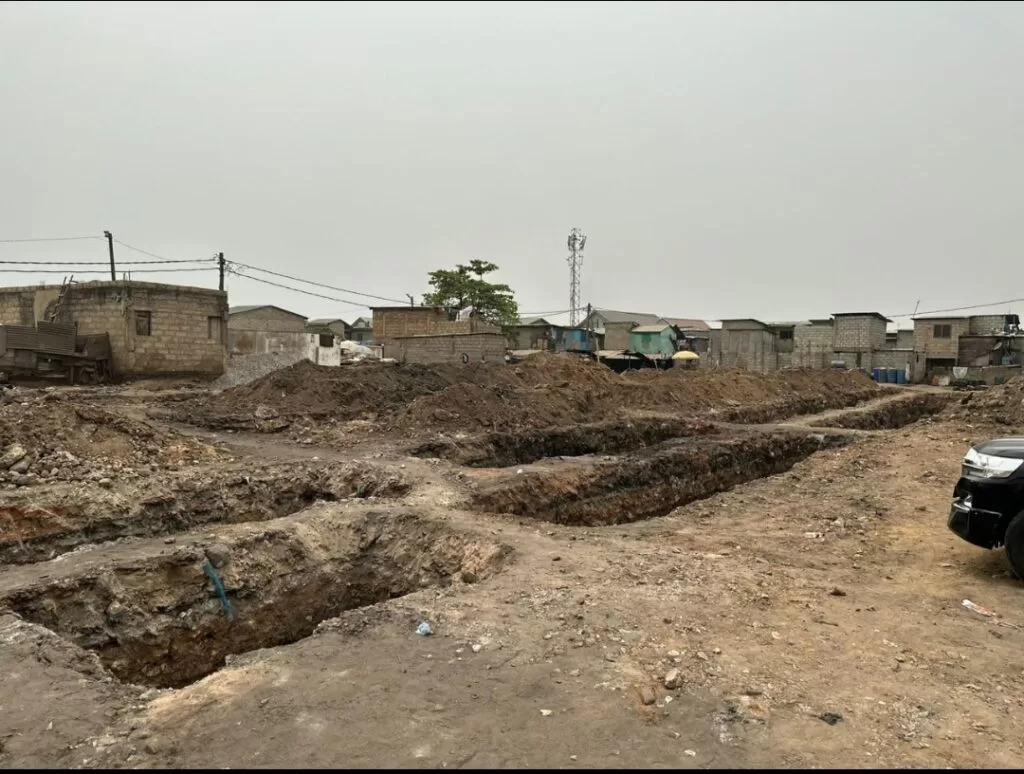Wear face masks to avoid inhaling dust particles in the air, the Environmental Protection Agency (EPA), has warned.
It is also asking the most vulnerable group, including children, elderly, pregnant women and people with underlying conditions like asthmatic to reduce outdoor activities and remain indoors to avoid frequent attacks.
The Agency said its observation assessment of the air quality had indicated that air quality had reached “unhealthy levels” in the last few days – higher than the situation in the same period last year.
Dr Henry Kokofu, the Executive Director of the EPA, speaking at a media briefing in Accra on Monday, said the air quality was unhealthy and urged the public not to compound it by engaging in open burning.
He said the high particulate levels, which were above the World Health Organisation’s and national limit, could cause irritation of the eyes, nose and throat.
The Executive Director stated that the EPA’s Quality Index Station at the University of Ghana recorded dust particles ranging from moderate, unhealthy and very unhealthy air from 16th February, 2023.
He explained that the Ghana Meteorological Agency had earlier observed dust movement on its satellite from the Sahel Region, including Niger and Chad heading to Ghana.
Dr Kokofu said the dust was being transported by low level strong winds into the country hence the very dry and dusty weather being experienced over the northern, transition zones and part of the south.
“The situation is not entirely a natural phenomenon. Our activities also contribute to it. Climate change has come to stay with us and those of us under the Sahara must be ready and prepared to endure more hardships,” he said.
Dr Mary Enyram Ashinyo, Deputy Director, Institutional Care Division, Ghana Health Service, said individuals who exposed themselves to particles emitted into the atmosphere risked contracting respiratory-related diseases.
She said persons who were already suffering from breathing difficulties and other respiratory diseases could compound their conditions if they ignored precautionary measures during this period.
Aside from the wearing of a nose mask, Dr Ashinyo encouraged the public to avoid outdoor exercising for now to avoid inhaling unhealthy particles in the process.
“Stay indoors if you don’t have to necessarily go outside…Let’s also avoid open burning and bad disposal of waste into the environment,” she said.














